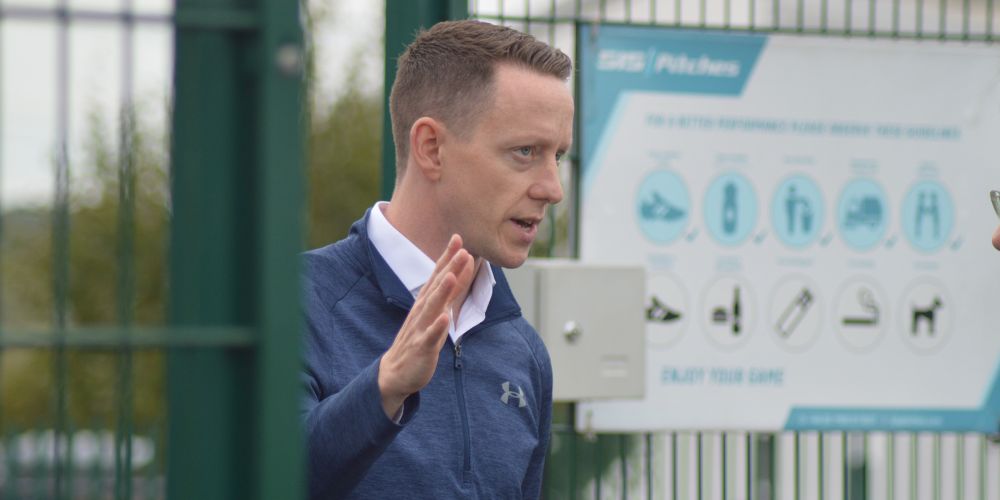Sport 4 Life UK (S4L) CEO, Tom Clarke-Forrest, responds to the publication of the Government’s ‘Get Britain Working’ white paper.
Unveiling the biggest reforms to employment support for a generation, on 26 November, Liz Kendall (Work and Pensions Secretary) published the ‘Get Britain Working’ White Paper, marking the Government’s first major intervention to achieve an ambitious 80 per cent employment rate, backed by a £240m investment.
S4L has welcomed the Government’s plans for employment support reform, improving services to jobseekers and delivering a new ‘youth guarantee’ that sees every young person getting access to education, training or an apprenticeship to help them find a job. S4L has long called for more support to increase young people’s employability skills as well as youth employment outcomes.
S4L Founder and CEO, Tom Clarke-Forrest, responded to this latest publication by stating:
“We’re delighted to see young people and youth unemployment at the heart of the Government’s new ‘Get Britain Working’ white paper. Tackling inactivity and equipping young people with skills is an essential part of boosting productivity and delivering economic growth. We’re also pleased to see details on the ‘Youth Guarantee’ – and a concrete answer on the calls for over two years from the ‘Youth Employment Group’ and its policy proposals – a group we’ve been proud to support. The number of young people not in education, employment or training (NEET) is the highest in a decade at almost one million, and so it’s vital we act now, and these measures are a positive first step in addressing this enormous challenge.”
New ‘trailblazer’ areas are at the heart of delivery to tailor the support to the greatest area of need – those most at risk of falling out of education or employment. This, alongside the integration with mental health support, and an increased focus on those young people most disadvantaged (including those not currently claiming benefits or accessing support) is also welcomed, and this aligns with our own research that we launched last year: ‘The Voice of Young People’.
At a time of significant reform, with significant changes to job centres, it’s worth stressing the importance, impact and continued performance of the employment-support sector. This sector has a long history of getting people into work, in good times and bad, and one that can significantly contribute to getting Britain working.
However, some details are still to be confirmed, and the White Paper isn’t comprehensive. Decisions on what to do about the nearly three million people who are economically inactive because of ill health won’t be taken until next year, and more locally, including the trailblazer areas, exact details on how this funding will be used are not yet known.
Commenting on this, Tom Clarke-Forrest added:
“The devil is in the detail. Whilst these announcements are welcomed, we need to see investment prioritised for the greatest areas of need, and where there will be the most transformational levels of impact. We need to see young people at the heart of decision making and having a clear voice in the way forward.
We are determined to be part of the solution, using our award-winning and unique approach of combining sport and physical activity with structured and targeted employability support to young people, that we know works. We work exclusively with young people, work collaboratively with 12 JCPs across the West Midlands, and support young people to gain qualifications, transform key life skills, and ultimately progress into employment, education and training. We look forward to working with the West Midlands Combined Authority, and their exciting – and important – new approach as a Youth Guarantee Trailblazer.”
S4L is a sport-for-development and youth charity that empowers young people to reach their potential by providing the skills, qualifications and support they need to find work and shape successful futures. Last year, S4L meaningfully supported 2,287 young people, including 528 that were NEET. 476 young people completed a qualification, 82% of young people improved their mental health, 72% improved their key life skills and 169 progressing into employment, education or training.

